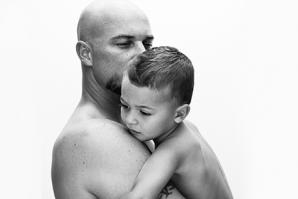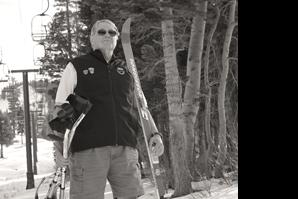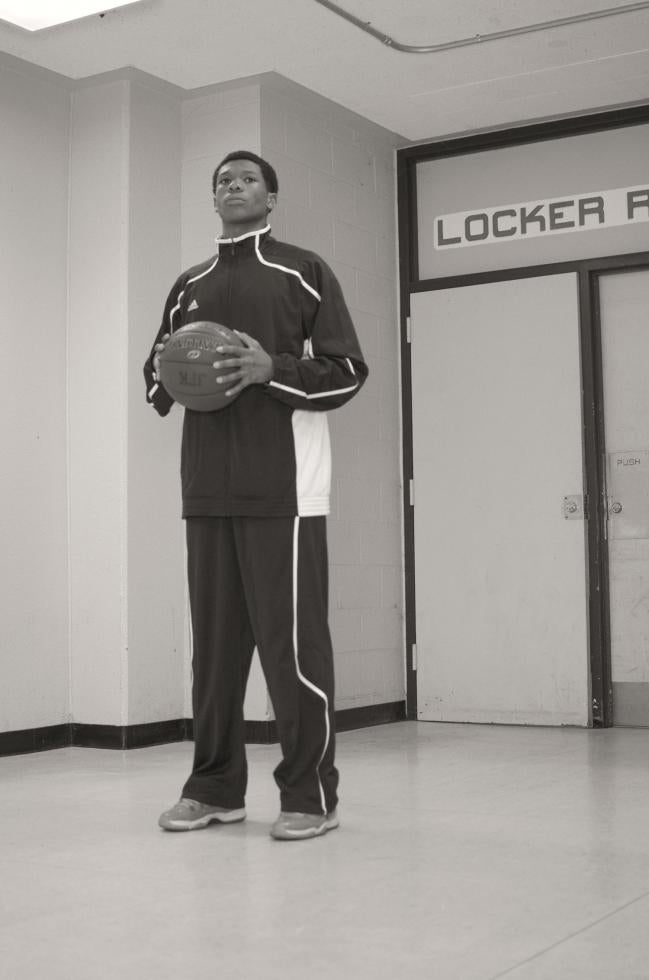Bill Coibion’s commitment to transforming lives in his Del Paso Heights neighborhood began in the mid-1990s when he launched the nonprofit Shoulder to Shoulder. He had just become a Christian and felt called to encourage men to be “servant-leaders” at home, in church and in their communities.
Eight years passed, and Coibion met the principal of Martin Luther King Jr. High School in Del Paso Heights. The principal told him that 70 percent of students at the high school were growing up without a father figure at home. Most of the kids came from poor households, and fewer than half of them would finish high school, the principal said. Some would likely end up in jail or prison.
“The recidivism rate for young boys in the system was so high that I believed we needed to get to them before they got in there,” Coibion says. “In Sacramento County, the return rate of kids who go through juvenile hall and on through the California Youth Authority or into prison is about 90 percent.”
Later, he visited a juvenile hall processing center and saw, sitting in the front row, the youngest offenders: a boy and a girl, both 8 years old.
“I had a hard time dealing with that,” Coibion says. “I have a son, and I know the innocence of an 8-year-old. I was very emotional.”
So he created Freedom Hall, a long-term program for fatherless young men, primarily in Del Paso Heights, who are mentored by the men in Shoulder to Shoulder.
“It’s Freedom Hall vs. juvenile hall,” says Coibion. “We tell the kids, ‘The choices you make will lead to your destiny, and if you continue to make the same bad choices over and over, it becomes a habit. Your character will lead you to your destiny, and if that is juvenile hall, it will eventually lead you to death or destruction. Or you can go through Freedom Hall.’”
Semaj Horace, now a senior at Oakland High School in Oakland, learned of Freedom Hall when a Shoulder to Shoulder mentor came to his school.
“I was in P.E. and was getting ready to go run a mile, and a guy walked into class and said, ‘How many of you don’t have a father figure at home?’ I raised my hand, and then he said something about the things they do but all I heard was ‘play video games,’” Horace says.
He’s been involved with Freedom Hall for five years now. He takes the train from Oakland to Sacramento to meet with his mentors. He’s happy, confident. His grades are up. He’s visiting college campuses.
“As a kid, I was always in trouble,” he says. “They showed me a different way. I’ve learned so much. Video games drew me in, but now I’ve learned to be a man, learned things my father couldn’t teach me.”
Recommended For You

Daddy Issues
Why aren't more men taking paternity leave?
On opening day of the 2014 baseball season, New York Mets second baseman Daniel Murphy was noticeably absent. He wasn’t benched. He didn’t have the flu. He simply took advantage of Major League Baseball’s paternity leave policy, which grants 72 hours off, to attend the birth of his son.
And all hell broke loose.

Learning to Live Again
Disabled sports bring fresh perspectives
Doug Pringle lost a leg to the Vietnam War in 1968. He was recovering at the Presidio of San Francisco hospital the day World War II veterans stopped by for a visit.



